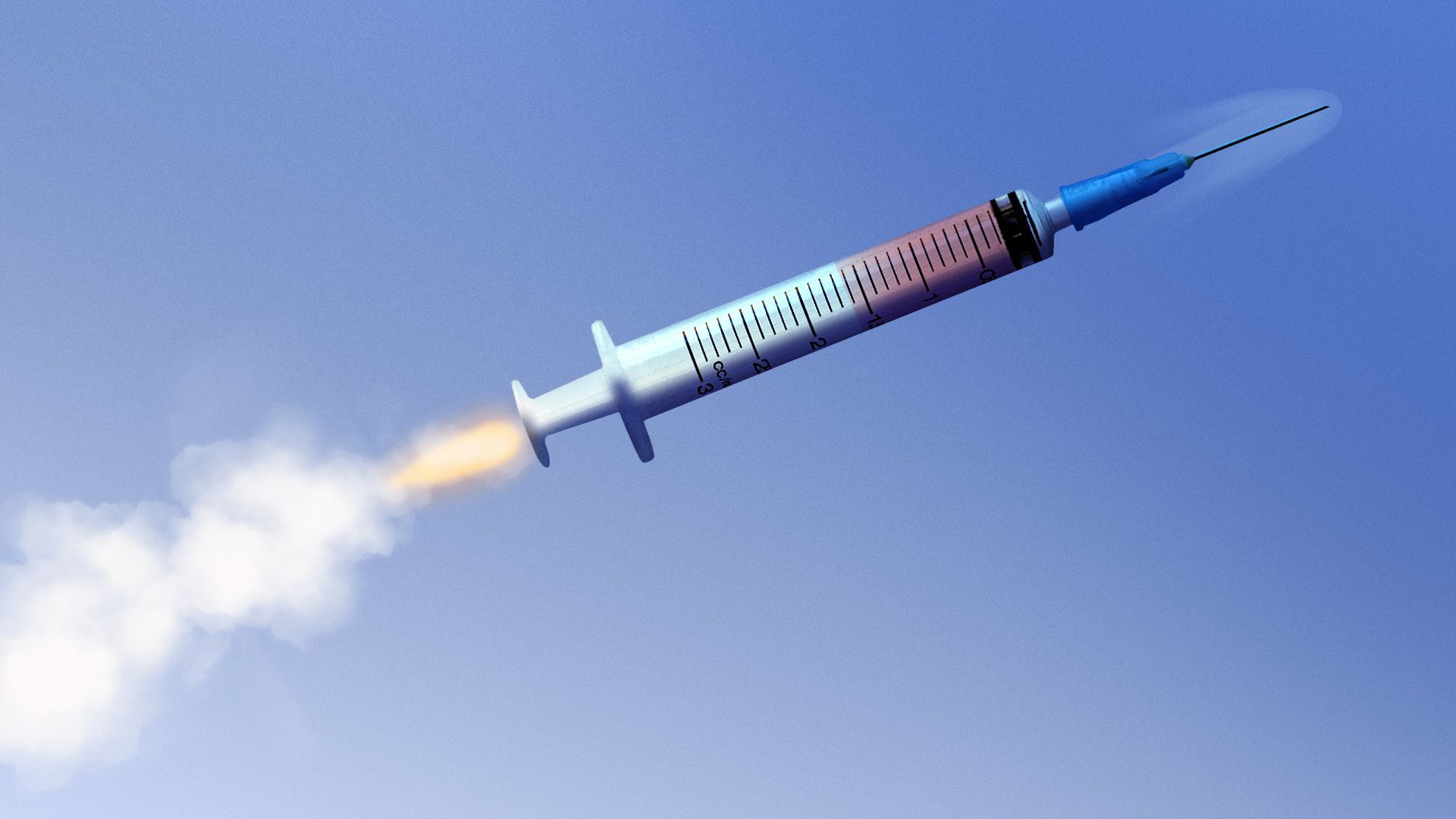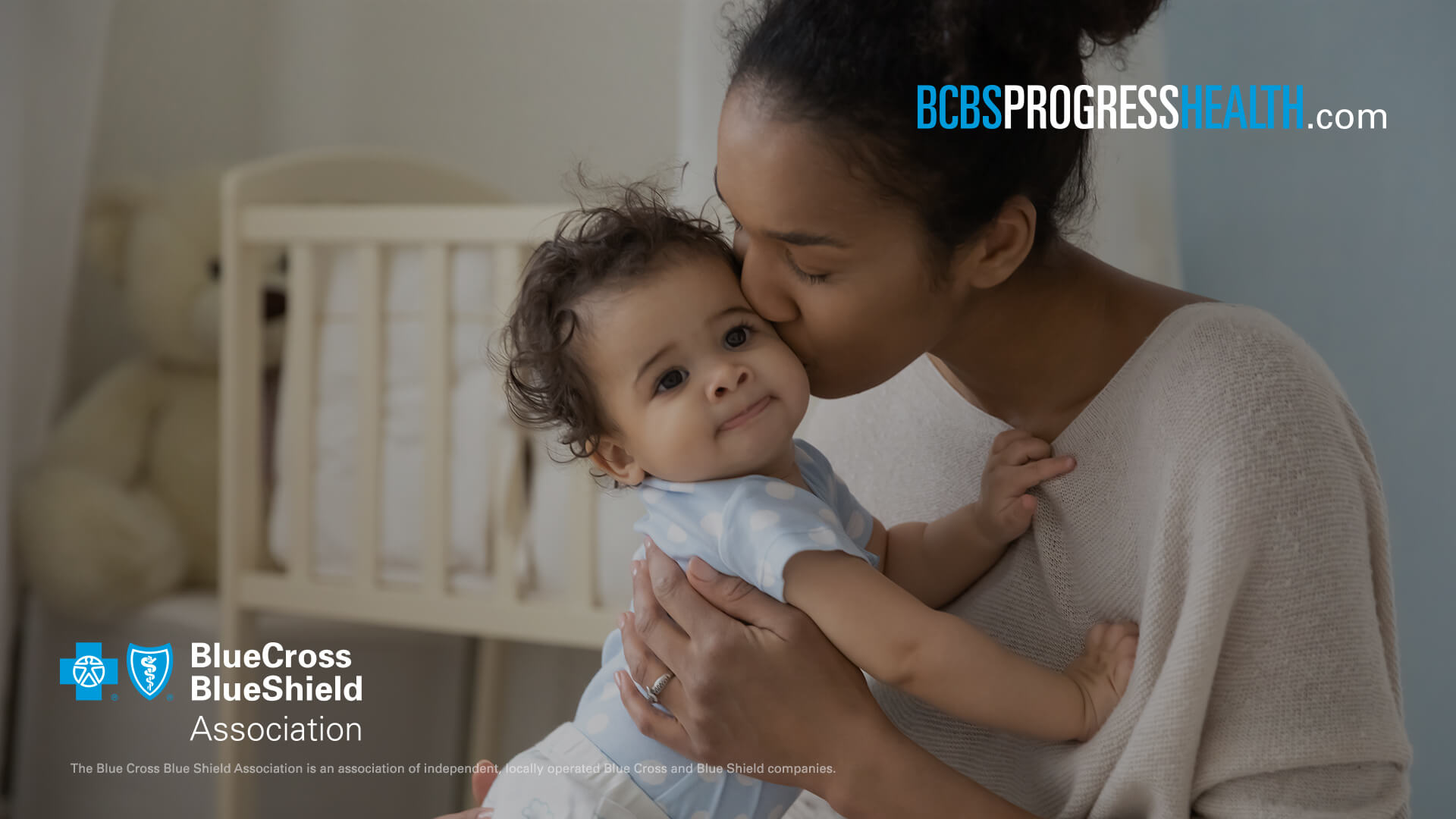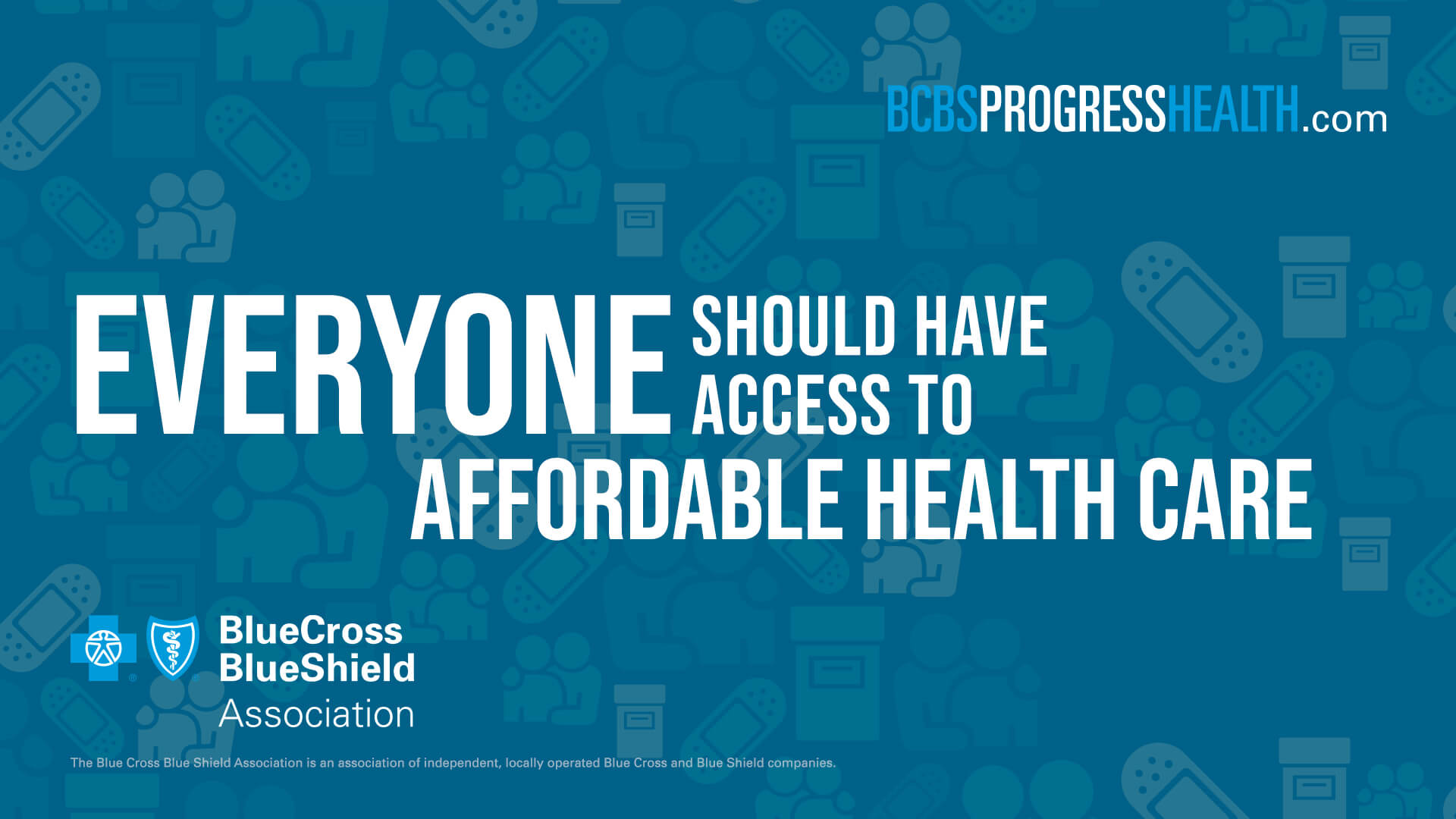| | | | | | | Presented By Blue Cross Blue Shield Association | | | | Axios Vitals | | By Caitlin Owens ·Oct 19, 2021 | | Good morning. Tina has been keeping busy at the HLTH conference, so I'm holding down the newsletter fort today. - Today's newsletter is 723 words, or a 3-minute read.
| | | | | | 1 big thing: The new COVID conference normal |  | | | Illustration: Aïda Amer/Axios | | | | After more than 18 months in their respective bubbles, thousands in the health care industry returned for what was, for many, the first in-person health care conference since the pandemic began, Axios' Tina Reed writes. At HLTH's last in-person conference, hosted in Las Vegas two years ago, attendees were greeted with glasses of mimosas before grabbing their badges. - This year, in Boston, those who hadn't brought their own COVID-negative test results were greeted with COVID testing swabs.
- Attendees had to show proof of vaccination, were required to have a negative COVID test within 72 hours of the event, or get a negative rapid test on-site. And all were required to wear masks for the duration of the conference.
- But — not looking to be too much of a buzzkill — organizers brought puppies into the test waiting area. Juice shots were also offered.
State of play: Conference-goers marveled at the novelty of recognizing masked-up business contacts while they figured out how close it was socially acceptable now to sit by them. - Organizers offered bowls of wristbands in either green, yellow, or red to signal the wearers' comfort level with handshakes and hugs, elbow-bumps or telling others to keep their distance to help.
- In addition to the typical conference swag staples handed out by vendors were many variants of hand sanitizers, face masks, and more juice shots.
Between the lines: One of the biggest changes from previous events is that individuals at the conference weren't willing to waste any of their time for what they saw as low-value because it had been so long since they'd been able to network in person, said Melynda Barnes, chief medical officer of Ro. |     | | | | | | 2. FDA is likely to OK mix-and-match vaccines |  | | | Illustration: Sarah Grillo/Axios | | | | The FDA is planning to allow people to receive a booster shot of a different coronavirus vaccine than the one they originally received, the New York Times reported yesterday. Why it matters: The policy would make the booster process a lot more flexible for providers — and would open the door for J&J recipients to receive an additional dose of Pfizer or Moderna's vaccines. - NIH data released last week showed that people who received a J&J shot have a stronger antibody response if they receive an mRNA shot instead of a second J&J one.
What we're watching: It's still unclear whether J&J or Pfizer recipients would receive a half-dose of Moderna, which has been authorized as a booster for Moderna recipients, or a full dose of the vaccine. - The NIH mix-and-match study only looked at boosting with a full dose. But if a half-dose booster is sufficient for Moderna recipients, it may be for those who originally received the other vaccines, too.
|     | | | | | | 3. A broken recall system | | Recalling ineffective or even potentially lethal medical devices is a slow process that jeopardizes patient care, a new report from MedTech Dive explains. - "Unless you're hands-on dealing with recalls — even at a hospital — a lot of people don't realize just how broken the process is," the founder of a company that works with providers to process recalls told MedTech Dive.
How it works: Recalls are usually initiated by medical device manufacturers instead of the FDA, Axios' Bob Herman writes. - The companies mostly notify hospitals and other providers of the recalls by mail, which could take weeks or months and aren't always delivered to the correct people who can pull the devices off shelves.
- "By the time it trickles down to the actual operating room, it could be months, so recalled items are being used that whole entire time ... there's a lot of failure," the CEO of a recall tracking company told MedTech Dive.
Go deeper: Read the entire MedTech Dive story, which is starting a series on medical device recalls. |     | | | | | | A message from Blue Cross Blue Shield Association | | Reducing racial disparities in maternal health | | |  | | | | Women of color are two to three times more likely to die from pregnancy-related complications than white women. See how Blue Cross and Blue Shield companies nationwide are working to reduce racial disparities in maternal health by 50% in five years. | | | | | | 4. Age is still a huge coronavirus risk factor |  Data: CDC; Note: Data represents 30% of Americans across 16 jurisdictions: Alabama, Arizona, Arkansas, Colorado, Connecticut, Florida, Georgia, Idaho, Louisiana, Massachusetts, Michigan, Nebraska, New Mexico, New York City, Seattle/King County, Wash., Utah and Wisconsin; Chart: Danielle Alberti/Axios Even vaccinated Americans who are 80 or older are at higher risk of dying from the coronavirus than anyone under 50 — vaccinated or not — according to CDC data. Why it matters: Reducing the level of COVID circulating in the community is key to protecting older or vulnerable adults — even vaccinated ones. The big picture: Age has always been one of the biggest determinants of whether someone is at risk for severe COVID. - That's why regulators are in the process of recommending booster shots for older adults, along with other vulnerable populations.
- Some Pfizer recipients, as well as immunocompromised people, are already eligible for a third dose.
|     | | | | | | 5. Tweet du jour | | |     | | | | | | A message from Blue Cross Blue Shield Association | | Ensuring access to affordable health care | | |  | | | | Everyone should have access to affordable health care, no matter who you are, where you live or what your health condition may be. See how Blue Cross and Blue Shield companies are working to improve health and make care more equitable and affordable. | | |  | | It'll help you deliver employee communications more effectively. | | | | | | Axios thanks our partners for supporting our newsletters. If you're interested in advertising, learn more here.
Sponsorship has no influence on editorial content. Axios, 3100 Clarendon Blvd, Suite 1300, Arlington VA 22201 | | | You received this email because you signed up for newsletters from Axios.
Change your preferences or unsubscribe here. | | | Was this email forwarded to you?
Sign up now to get Axios in your inbox. | | | | Follow Axios on social media:    | | | | | |








No comments:
Post a Comment